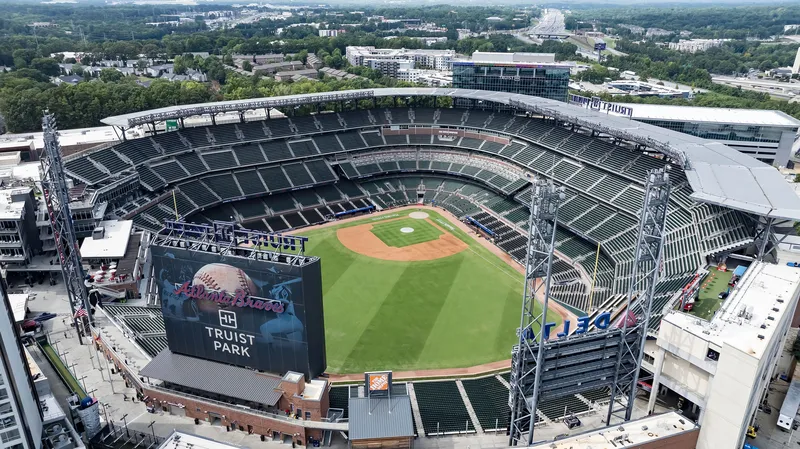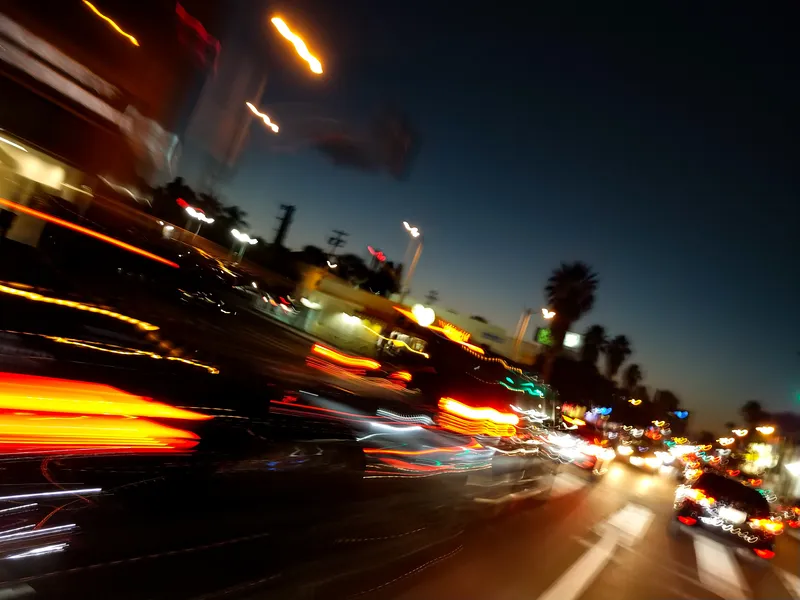
A major obstacle to the deployment of potentially life-saving transportation technology has been swept aside in the US.
The US Federal Communications Commission (FCC) has granted a joint waiver request to deploy cellular Vehicle to Everything (C-V2X) technology - which allows vehicles to communicate with one another and with road infrastructure - in the upper 20 MHz part of the 5.9 GHz band.
Various car manufacturers, US departments of transportation and ITS technology companies signed the request.
Jim Misener, Qualcomm global V2X ecosystem lead, welcomed the FCC decision, saying that it "precipitates safe systems".
“Finally there'll be the ability for the joint waiver applicants to put into service their devices - and that's from car companies, to roadside infrastructure owner-operators - anyone who wants to operate with these rules that the FCC has given us," Misener told ITS International.
"So that means safety starts to happen on American roadways sooner rather than later.”
Bryan Mulligan, president at Applied Information, says: "The FCC decision to grant a waiver for C-V2X deployment is a major step forward in the efforts of roadway safety. The industry has said C-V2X is ready to deploy, now it is time to deploy."
"Our state and local partners demonstrate the safety benefits of C-V2X for school children, pedestrians, cyclists, first responders, and the motoring public on a daily basis. We applaud the FCC for making the waiver available so this life-saving technology can be widely deployed sooner rather than later."
The announcement came as the ITS America Conference & Expo opened in Grapevine, Texas.
ITS America has long fought for C-V2X deployment, insisting that it will help to bring down US road casualties.









